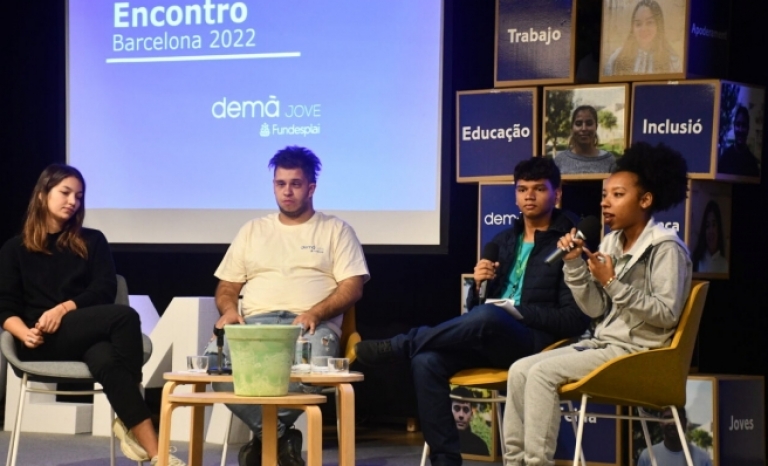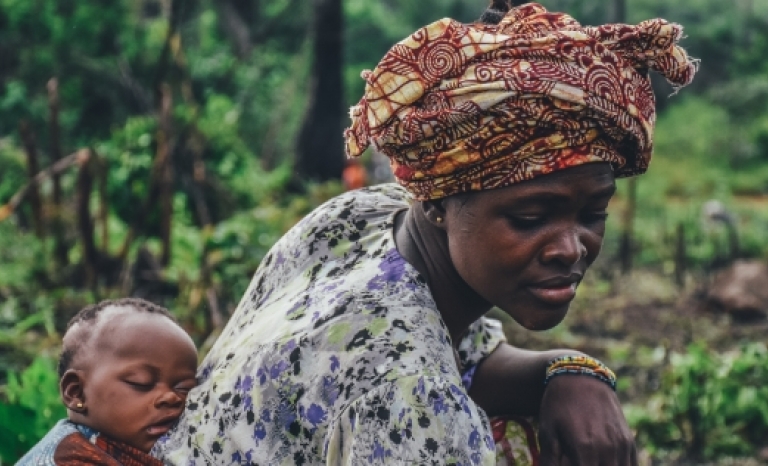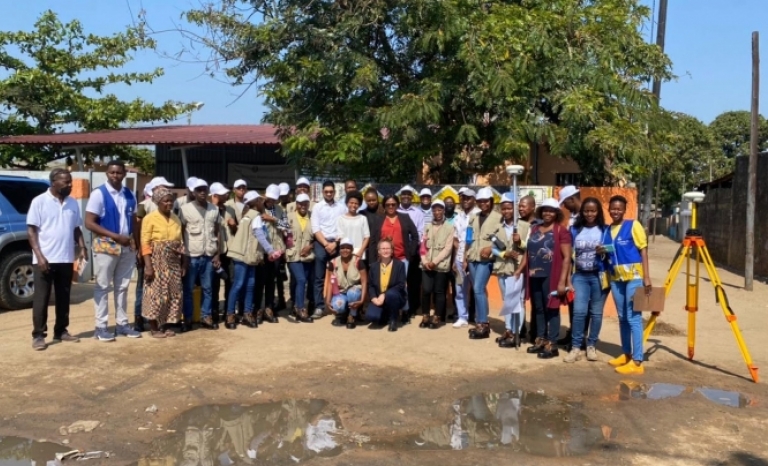The volunteering coordinator of Acollida i Esperança points out the highlights of working with Erasmus+ students and welcomes new collaborations.
Acollida i Esperança, (‘Welcome and Hope’) is a Catalan nonprofit organization, aiming to creating safe and caring spaces for tending to people suffering from social exclusion, without economic resources or familiar support. Once dedicated specifically to those afflicted by HIV and AIDS, nowadays has widened its horizons to accompany people with especially difficult situations such as addictions, homelessness and other contexts of vulnerability and exclusion.
To do so, Acollida i Esperança functions on the shoulders of both workers and volunteers, while also taking part in educational agreements with either local or European institutions to benefit from the capacities of external participants with an assistant role. Right now, a small part of the organization workforce is integrated by students in an Erasmus+ agreement that collaborate on the in the maintaining tasks needed in the installations.
Specifically, Acollida i Esperança’s Erasmus+ agreements are with vocational training centres such as high schools. They’ve been working in these projects since 2019, always through an organization called ‘Bamos’, which contacts with high schools and brings the students here. Mònica Buliart, volunteering coordinator of the organisation, points out at the intensity of the program: “it’s a three week intensive immersion in the work”.
Zsofia and Alexandra are two agricultural students from Hungary that are taking part in this program helping with keeping the gardens of Acollida i Esperança’s installations in Badalona. They found out about the program through their school’s recommendations. “They choose the places where we can work”, explains Alexandra, who is quite delighted with the assignments she’s been tasked with, which have a lot to do with what they are studying: “Most of the times we do gardening and help the workers, and I really love working here, the people are kind and helpful, and the garden is beautiful”.
For Zsofia, whose family is also dedicated to agriculture, the experience is similar: “We can do whatever they want us to do, and we gladly do it. The tasks are not tiring, and the workers are very kind”. In this sense, both students would and will recommend their experience back at home.









Add new comment